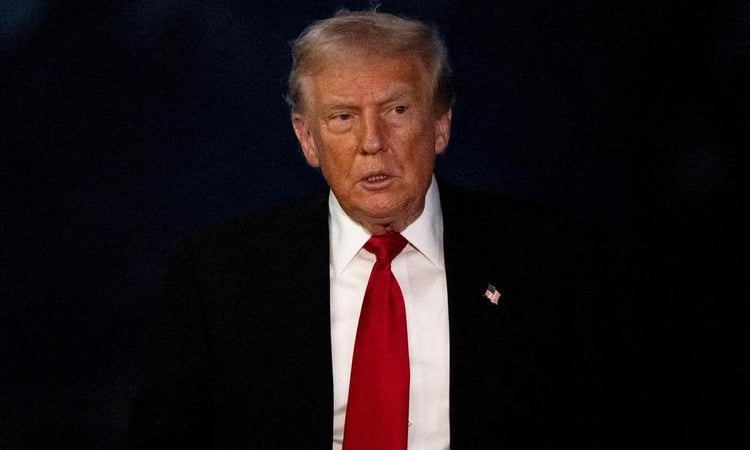News Flash
News Flash

WASHINGTON, Nov 25, 2025 (BSS/AFP) - The Trump administration announced on Monday that it was ending temporary protections shielding immigrants from Myanmar from deportation from the United States.
The move affects around 4,000 people from the Southeast Asian nation who have been living in the United States under what is known as Temporary Protected Status (TPS).
TPS protects its holders from deportation and allows them to work.
It is granted to people deemed to be in danger if they return to their home countries, because of war, natural disaster or other extraordinary circumstances.
President Donald Trump, as part of his sweeping immigration crackdown, has removed TPS for nationals from Afghanistan, Cameroon, Haiti, Honduras, Nepal, Nicaragua, Syria, South Sudan and Venezuela.
Trump announced on Friday that he would also withdraw TPS from Somalis.
TPS was extended to Myanmar nationals after a 2021 military coup. Homeland Security Secretary Kristi Noem said the decision to withdraw it was made after a review of conditions in the country.
Myanmar continues to face "humanitarian challenges due in part to continued military operations against armed resistance," Noem said.
But, she added, there have been improvements in "governance and stability at the national and local levels."
Noem noted the July lifting of a state of emergency and the announcement that "free and fair elections" will take place beginning in December.
The move drew fierce criticism from nongovernmental advocacy organizations like Human Rights Watch (HRW).
"Homeland Security's misstatements in revoking TPS for people from Myanmar are so egregious that it is hard to imagine who would believe them," John Sifton, HRW's Asia advocacy director, said in a statement.
The group noted that "Myanmar's supposedly revoked state of emergency in July was immediately replaced with a new state of emergency and martial law in scores of townships across nine states and regions."
Volker Turk, the UN High Commissioner for Human Rights, has said it is "unfathomable" for Myanmar to hold free and fair elections under current circumstances.
"How can anyone say that they're free and fair," Turk said in a recent interview with AFP.
"And how can they even be conducted when considerable parts of the country are actually not in anyone's control, and with the military being party to the conflict and having suppressed its population for years?" he added.
Rights groups have said the election cannot be legitimate, with democratic figurehead Aung San Suu Kyi deposed and jailed in the coup, and her popular National League for Democracy party dissolved.
The junta seized power making unsubstantiated claims of fraud in a 2020 election that the NLD won in a landslide.
A many-sided civil war has since consumed Myanmar, with the junta having lost swathes of the country to pro-democracy guerrillas and powerful ethnic-minority armed factions.
The US State Department currently advises Americans not to travel to Myanmar due to "armed conflict, the potential for civil unrest" and "wrongful detentions."